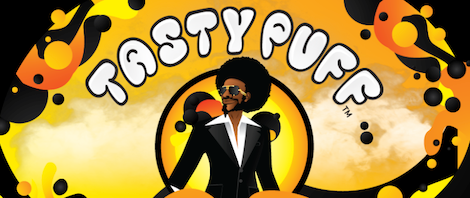Marijuana is known to affect various aspects of sleep, including activities that are not involved with dreaming. But there’s a simple reason why marijuana users tend to have less dreams.
This phenomenon can be explained by how marijuana affects the sleep cycle, specifically a stage known as rapid eye movement (REM) sleep.
The brain is most active during REM sleep and most dreaming is thought to occur during this stage. Numerous studies have shown that using marijuana before bed reduces REM sleep. Researchers believe this is why marijuana users report fewer dreams.
During the night, the brain cycles through 4 different stages of sleep, spending the most time in deep sleep (or slow-wave sleep) and REM sleep. The amount of time spent in these two stages is closely related. In fact, studies show that marijuana lengthens the time the brain spends in deep sleep, which leads to less REM sleep.
Ingesting THC or marijuana before bed also appears to reduce the density of rapid eye movements during REM sleep. Interestingly, less REM density has been linked to more restful sleep.
Most studies on marijuana and REM sleep have looked at the effects of THC. However, other compounds in marijuana may interfere with THC’s effect on sleep. For example, CBD has been found to promote wakefulness compared to taking THC alone.
Regular users of cannabis experience an abnormal increase in REM sleep when use is stopped. This is called the REM rebound effect, which leads to longer and denser periods of REM sleep. The REM rebound explains why cannabis users often experience highly vivid dreaming when trying to quit.
The sleep disturbances that occur during cannabis withdrawal usually begin 24-72 hours after quitting and can persist for up to 6-7 weeks.
Interestingly, the REM rebound is not unique to cannabis use. Other substances that interfere with sleep, such as alcohol and sleep medications, can cause REM rebound too. What’s more, people who are sleep deprived often undergo a rebound in non-REM sleep.
The rebound effect appears to be the body’s way of coping with being deprived of certain stages of sleep.
While healthy people should avoid taking substances that alter their sleep, it’s not clear whether the effect of marijuana on REM sleep is actually harmful. In fact, experts are still not sure why we need REM sleep.
On the other hand, deep sleep is believed to be the most important sleep stage for repairing and restoring the body. Likewise, studies show that when deprived of sleep, the brain prioritizes deep sleep over REM sleep.
While more research is needed, it’s possible that the ability of marijuana to increase deep sleep, even at the expense of REM sleep, might turn out to be a good thing.


















